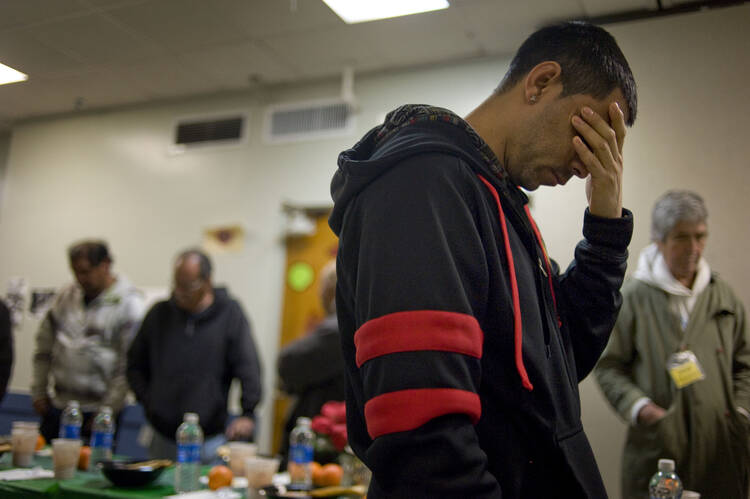While the contest for presidency undoubtedly remains foremost in most Angelenos’ minds as they approach the Nov. 8 vote, a close second is Proposition HHH, the city’s bold proposal to borrow up to $1.2 billion over the next 10 years (via an increase in property taxes) to provide “safe, clean, affordable housing for the homeless and for those in danger of becoming homeless.”
The proposition comes after a 12 percent leap in homelessness in the county between 2013 and 2015, and a further 5.7 percent increase last year. Los Angeles County currently ranks second only to New York City in its homeless population, with numbers estimated at almost 47,000 people—28,000 in the city of Los Angeles alone. And when homeless counts are expanded to include how many people are homeless at some point during any given year, L.A. County’s numbers go up to an astonishing 156,000.
Of course, the real question is not whether the city has a problem but what steps will actually help. Housing initiatives generally promise more units, which alone could fill an enormous need in Los Angeles, particularly for the one-third on the streets who are women, a 55 percent increase from three years ago. According to a recent report, over 40 percent of homeless women in downtown Los Angeles have suffered some kind of attack in the last 12 months.
For many years now, academics, advocates and policymakers have provided evidence showing that the key to a permanent transition out of homelessness for individuals who are chronically homeless—many of whom struggle with mental health or addiction issues—is on-site case managers who can provide long-term psychological, vocational and other services. The Department of Housing and Urban Development reported in July 2014, “Studies...have shown that Housing First permanent supportive housing models result in long-term housing stability, improved physical and behavioral health outcomes, and reduced use of crisis services.”
Such services do not come cheap: According to the L.A. Times, the cost per permanent supportive housing unit in Los Angeles could range upwards of $420,000. L.A. County Homeless Services Authority estimates the county as a whole needs 14,000 such units.
Under HHH, at least 80 percent of the $1.2 billion raised would go toward such “permanent supportive housing,” with those funds used to cover a third of the cost for 10,000 units. Developers—who would enter into long-term leases with the county—would cover the rest of the cost via other local, state and federal subsidies.
The proposition represents a serious commitment to systemic change and the common good, and at a funding level almost as large as the California legislature has recently undertaken for the entire state. It is the kind of long-term, compassionate and also evidence-based plan you would hope for from a modern city.
The brutal truth is that it’s still not enough. L.A.H.S.A. believes that even with this massive new influx of funds, up to 14,000 people will likely remain on the streets of Los Angeles. What HHH alone can achieve is a “less than perfect equilibrium.”
But for the thousands of individuals and families who stand to benefit, it offers the possibility of far greater equilibrium than they have known in quite some time.








